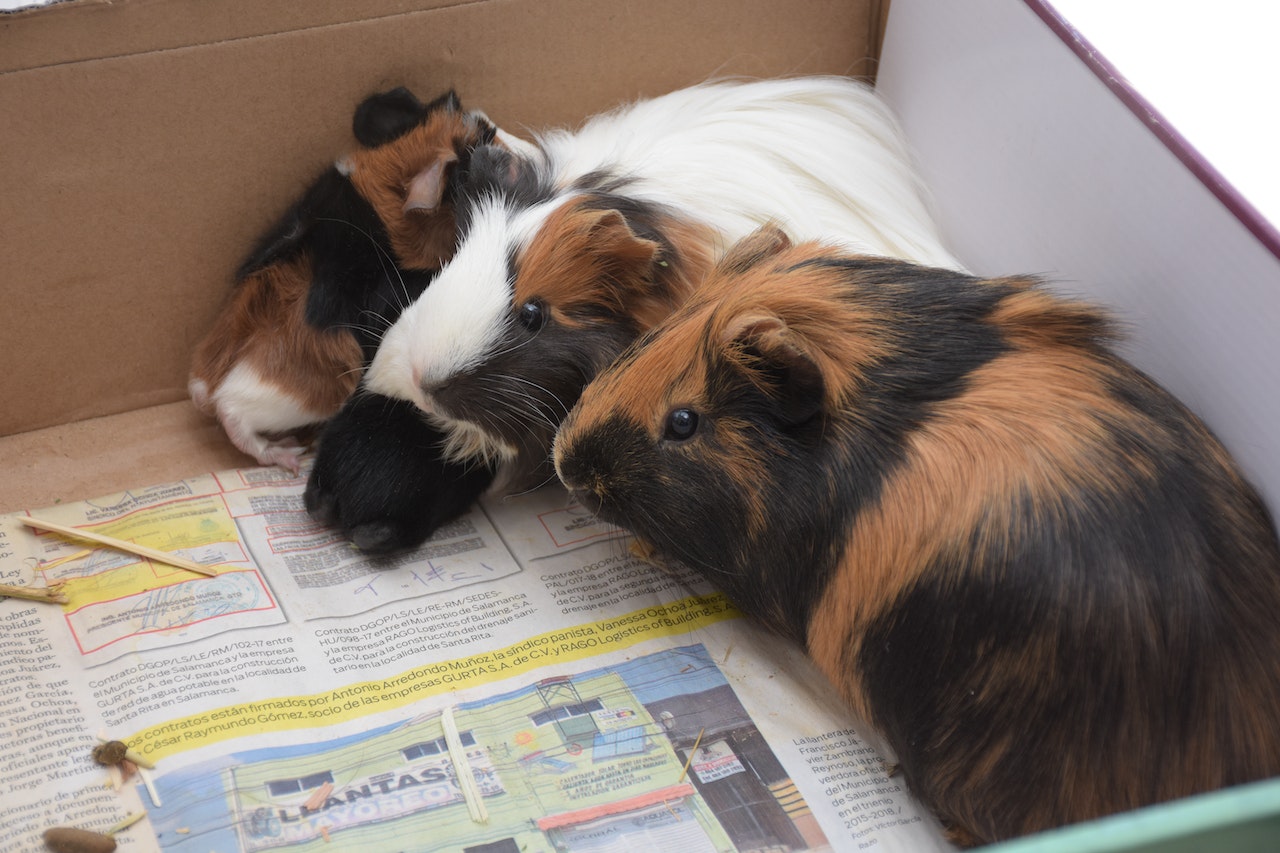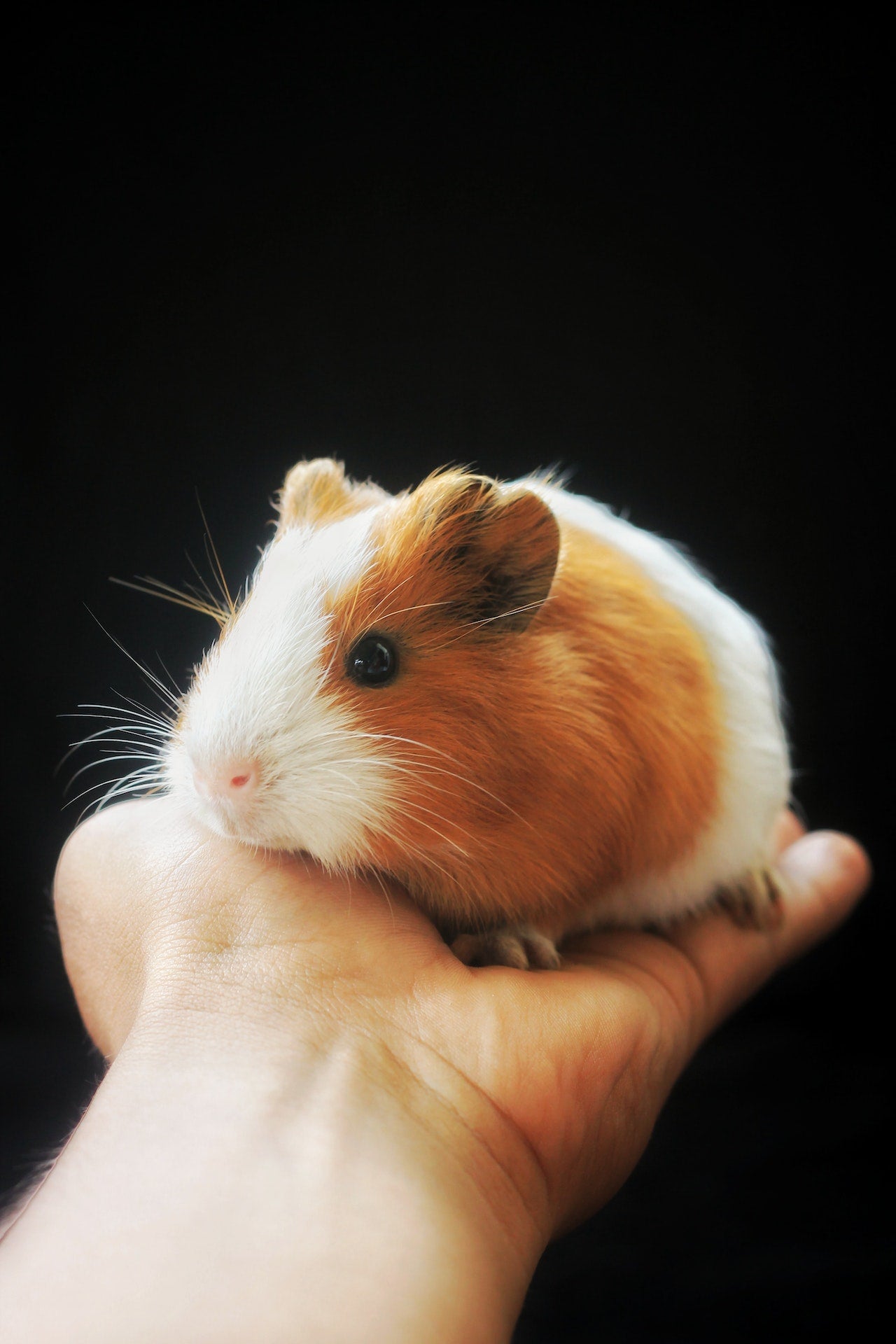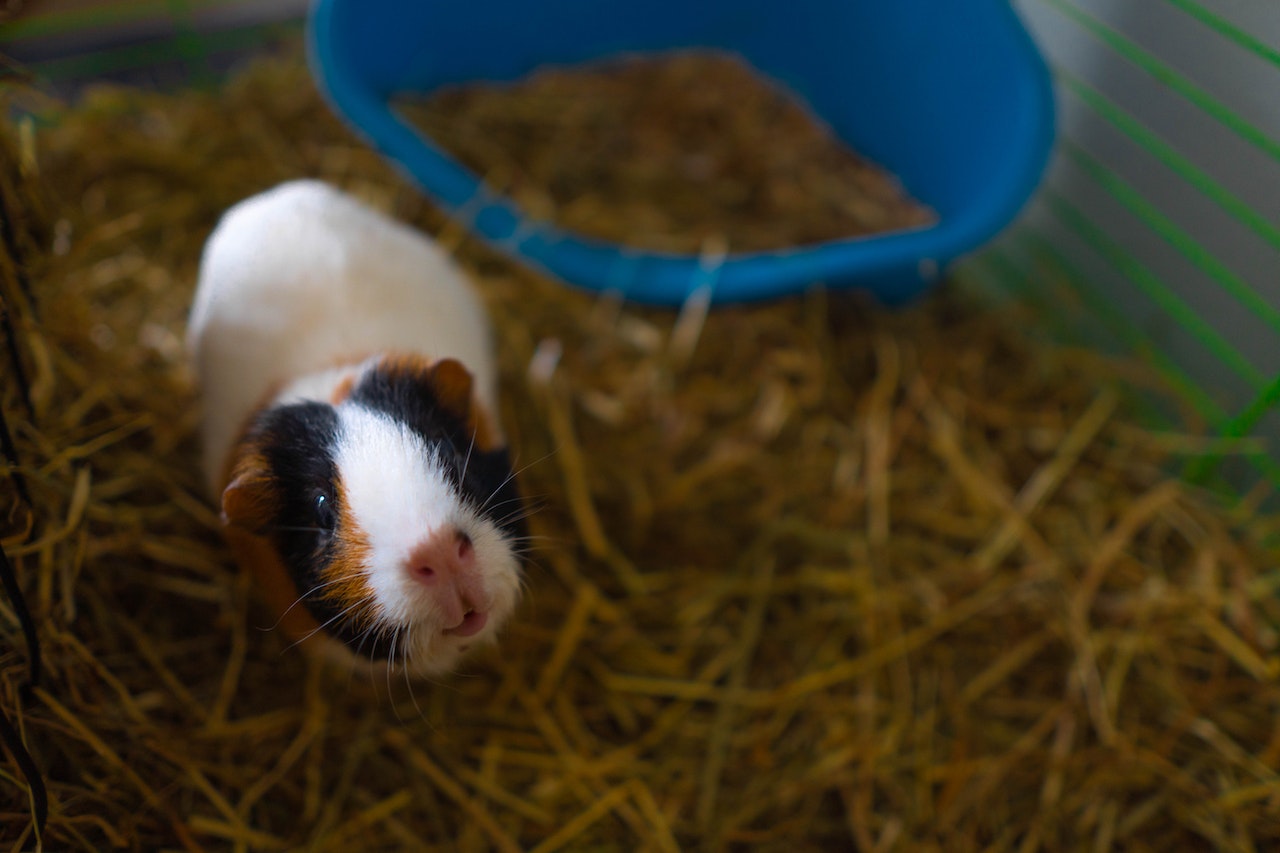
Nectarines are a variety of peaches that are only found on the tree of peaches, and it is a scarce stone fruit (because of how it is grown) that matures in mid to late summer. However, people often interchange this particular fruit with peaches but there is a major difference that separates the two types of fruit from each other. A peach has fuzzy skin, while a nectarine does not. Moreover, studies also show that both fruits have slightly different tastes and textures, but this can be pin to breeder selection rather than nature.
Nectarine is enriched with various beneficial nutrients that can help to keep your guinea pigs healthy. Among them is the presence of vitamins, minerals, antioxidants, iron, calories, and sugar content. With all these nutrients present in these fruits, can guinea pigs eat nectarines? Does this fruit offer any nutritional or health benefits for your little cavies? Continue reading this article to find out whether your little pets can eat nectarines alongside you.
Can guinea pigs eat nectarines?
Yes, guinea pigs can eat nectarines, but they should only be fed in small quantities since they contain excess amounts of nutrients. Nectarines are another refreshing and tasty treat for your pets just like humans. Due to their texture and taste, your little cavies can gobble as many portions as their stomach can contain even if it causes a lot of serious health risks for your little cavies. Hence, pet owners should know that these fruits contain a high sugar proportion, and this can be dangerous for your pets in high proportion. They also contain a pit or stone as a core, this should always be removed before serving it to your pets since they contain Cyanide and can also lead to choking hazards.

Can guinea pigs eat nectarine skin?
Yes, guinea pigs can eat nectarine skin as they can every other part of this fruit except the pit and stone in them. The texture of nectarines skin is soft and edible for your pets, they are also tasty, and they contain various beneficial nutrients like fiber and vitamins which are beneficial for your pets.
However, before you can serve it to your little cavies, make sure it is thoroughly washed and cut into the right portion before you feed it to them. You should also watch out for your pet's taste preference before giving in a large proportion
What is the standard proportion of feeding nectarines to guinea pigs?
Nectarines are a scarce but popular fruit. This fruit is also enriched with a high proportion of sugar content, and since the digestive system of your little cavies can not successfully digest this particular nutrient, then you should wash out how you feed it to them. Thereby, indicating that nectarines can not be fed regularly to guinea pigs, instead, they should be given to them 1-2 times per week for a healthy diet. For an effectively balanced diet, a normal serving that consists of a few slices or a few small chunks is enough for a healthy guinea pig.
If you are just introducing this fruit to your pets, you should place them under observation to watch out for any possible allergy reaction that can arise from feeding nectarine to guinea pigs
What are the health benefits of feeding nectarines to guinea pigs
Nectarines are seasonal fruits that ripen from June to September each year. They are known to be rich in nutrients and contain protein, carbohydrates, vitamin A, vitamin B1, vitamin B2, vitamin C, and minerals such as iron, calcium, and phosphorus. The following are some of the health benefits of feeding nectarines to guinea pigs
Improve the immune system
Nectarines contain vitamin A, which provides carotenoids that act as antioxidants to help protect the skin and the eyes against the signs of aging. Meanwhile, vitamin C in nectarines can stimulate white blood cell production and serve as an antioxidant that can neutralize harmful free radicals. Vitamin C also protects your little cavies from a disease called Scurvy.
Help with blood circulation
One of the reasons some pet owners fancy nectarine is due to its concentration of certain minerals, including iron. This mineral is a key component in hemoglobin, which transports oxygenated blood throughout the body. This can help them prevent the risk of anemia and provide them with a major energy boost. They are also essential for red blood cell production.
Reduce blood Pressure level
Potassium is another important mineral constituent of nectarine fruit, which is known to be beneficial for heart health. This nutrient work by reducing the strain on the cardiovascular system by dilating the blood vessels and arteries, thus increasing blood flow and keeping the heart from working too hard. A reduced blood pressure level can help to fight against heart attacks and other cardiovascular complications for your pets
Reduce weight gain and provides energy
Nectarines contain relatively low amounts of calories, low fats, and zero amounts of calories, and this is essentially good for little cavies suffering from obesity. Hence, it will be easy to curb their weight gain since they make them get full quickly. They also contain riboflavin, which helps in the conversion of carbohydrates and proteins to the energy that can last for an entire day.

Possible health risks of feeding nectarines to guinea pigs
Digestive problem
Nectarine is enriched with high amounts of sugar and some other nutrients, and too much of these fruit in your pet's digestive system may cause digestive problems like diarrhea, diabetes, cramps, bloating, gas, stool, etc
Urinary problem
Nectarine also has a trace of toxic substances present in their pits or stone. This toxic substance is called cyanide, and it can only cause urinary damage if they stumble on them and ingest the cyanogenic glycosides present in the pit.
Conclusion
Guinea pigs can eat Nectarine but only in moderation. This is because the amount of sugar content present in them can cause detrimental health risks to your little cavies. However, if you follow the standard proportion of feeding these fruits to your cavies, they will offer various health benefits for your pets. Other information regarding these fruits has also been discussed above



